Sections

With 7 unique sections, members of the Surgical Oncology department provide state-of-the-art surgical care to patients with common and complex cancers and are dedicated to research-driven innovations that have defined standards of cancer treatment worldwide.
Our group maintains excellent treatment and recovery outcomes that exceed national averages. Within each of our specialties, patients work with a multidisciplinary team and receive a personalized treatment plan. The Surgical Oncology department is composed of 6 unique oncology sections and a General and Acute Care Surgery section.
Endocrine Surgery Section
- Benign and malignant tumors of the thyroid, parathyroid and adrenal glands
- Familial papillary thyroid carcinoma
- Multiple endocrine neoplasia types (MEN1, MEN2, MEN4)
- von Hippel Lindau disease (VHL)
- Succinate dehydrogenase tumors (SDH)
- Parathyroid carcinomas
- Pediatric endocrine surgery
- Medullary thyroid disease
- Adrenal-cortical carcinoma
- Neuroendocrine gastrointestinal disease
National and international organizations look to MD Anderson experts to develop guidelines for the treatment and management of endocrine disorders. Our highly skilled surgeons use state-of-the-art technology including minimally invasive parathyroid surgery with the availability of intraoperative parathyroid (PTH) assay, and laparoscopic adrenalectomy for candidates with adrenal disease.
The Surgical Oncology department offers a one-year advanced training fellowship in Surgical Endocrinology accredited by the American Association of Endocrine Surgeons (AAES). This unique fellowship is designed to give broad exposure to a variety of endocrine neoplasias, with emphasis on the evaluation, management, surgical approach, follow-up and genetics of endocrine tumors in a multidisciplinary setting. Learn more.
Success Story
Thyroid cancer survivor: Why I joined an immunotherapy clinical trial
Endocrine Surgery Faculty

Department of Surgical Oncology, Division of Surgery

Department of Surgical Oncology, Division of Surgery

Department of Surgical Oncology, Division of Surgery

Department of Surgical Oncology, Division of Surgery

Department of Surgical Oncology, Division of Surgery
Gastric-Peritoneal Surface Surgery Section
This section is comprised of two major specialties: gastric surgery and peritoneal surface surgery.
Our gastric surgeons provide surgical expertise to patients with stomach cancer, including those with hereditary gastric cancer syndromes. They collaborate in a multidisciplinary fashion with teams across the institution, which include gastroenterologists, medical and radiation oncologists, and supportive care providers, to offer the highest-quality care. Minimally invasive surgery techniques using laparoscopy or robotic surgery are used in many cases to decrease recovery time and minimize pain.
Our peritoneal surface surgeons specialize in the treatment of patients whose tumors have spread to and within the lining of the abdominal cavity. Our surgeons offer an innovative approach: hyperthermic intraperitoneal chemotherapy (HIPEC) surgery, during which high doses of chemotherapy are instilled directly into the abdomen to remove cancers. This treatment approach is used for several cancers including appendiceal cancer, peritoneal mesothelioma, and small intestine cancers.
The section has several ongoing clinical trials and laboratory research efforts. Our surgical oncologists advance knowledge of treatment options and outcomes for patients through these clinical trials. Patients may have the opportunity to enter a clinical trial before, after or during treatment.
Success Stories
After my stomach removal, I've never looked back
Stomach cancer survivor back on her feet after heated chemotherapy clinical trial
Teen appendix cancer diagnosis leads family back to MD Anderson
Stomach cancer survivor finds hope at MD Anderson, even after wife’s death
Gastric-Peritoneal Surface Surgery Faculty

Department of Surgical Oncology, Division of Surgery

Department of Surgical Oncology, Division of Surgery

Department of Surgical Oncology, Division of Surgery

Department of Surgical Oncology, Division of Surgery

Department of Surgical Oncology, Division of Surgery

Department of Surgical Oncology, Division of Surgery
Hepatopancreatobiliary Surgery Section
- Whipple procedure for pancreatic and bile duct cancers that involve blood vessels and surrounding organs
- Robot-assisted Whipple procedures for selected pancreas tumors
- Two-stage hepatectomies where our surgeons work alongside proceduralists in Interventional Radiology in a hybrid OR suite to perform complex operations as part of a strategy to remove bilateral liver metastases
- Minimally invasive procedures including advanced laparoscopic and robotic surgical options
- Cytoreductive operations for patients with small intestine and pancreas neuroendocrine tumors that have spread to the lining of the abdominal wall or to the liver
- Combination approaches to the treatment of liver tumors that spare maximal healthy liver tissue and incorporate novel technologies like 3D ultrasound localization for tumor ablation
- Operations on patients with liver or pancreas tumors that have recurred after their initial resections
These state-of-the-art technologies contribute to the low surgical complication rates and below-average patient lengths of stay achieved by our HPB surgeons. Postoperative recovery is facilitated by enhanced recovery care pathways, which help set patient and clinical team expectations for rapid postoperative recovery.
The HPB team is committed to research and have led landmark clinical trials that help set the standards by which patients with pancreas and hepatobiliary cancer are treated today. Clinical, translational, quality improvement, health services and basic science studies devised by our team lead to a greater understanding of tumor biology and move the needle on surgical outcomes and patient survival. Examples of our surgeon-led research efforts include:
- Clinical trials that measure blood levels of circulating tumor DNA to create personalized surgical and chemotherapy plans for patients with colorectal liver metastases or pancreas cancer
- Clinical trials that compare regional anesthesia approaches to postoperative pain control to maximize patient relief and minimize opioid use
- Basic science studies focused on the identification of gene expression networks critical to the growth and spread of pancreatic cancer cells that can be targeted by novel therapies
- Translational science focusing on understanding how the immune system affects tumor growth and treatment efficacy with immunotherapies in patients with gastrointestinal neuroendocrine tumors with the goal of designing novel treatments
- Studies that identify how cancer outcomes are affected by a patient’s race, sex, gender, or insurance status so that healthcare delivery can be redesigned to equitably and optimally maximize survival and quality of life
Success Stories
Pancreatic cancer and sarcoma survivor grateful for treatment at MD Anderson
Pancreatic cancer survivor: Whipple procedure made me cancer-free after ‘inoperable’ tumor
Hepatopancreatobiliary Surgery Faculty

Department of Surgical Oncology, Division of Surgery

Department of Surgical Oncology, Division of Surgery
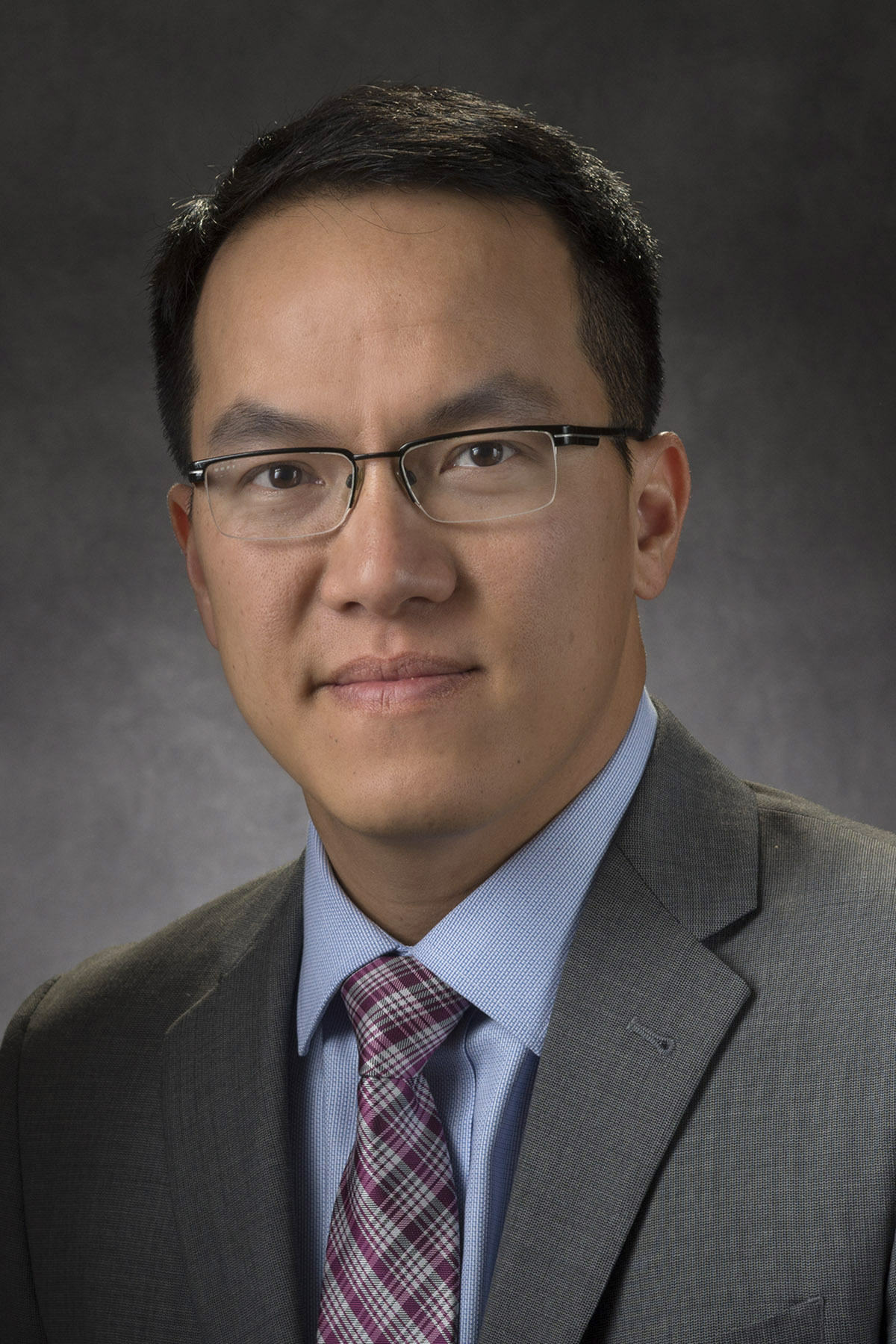
Department of Surgical Oncology, Division of Surgery

Department of Surgical Oncology, Division of Surgery
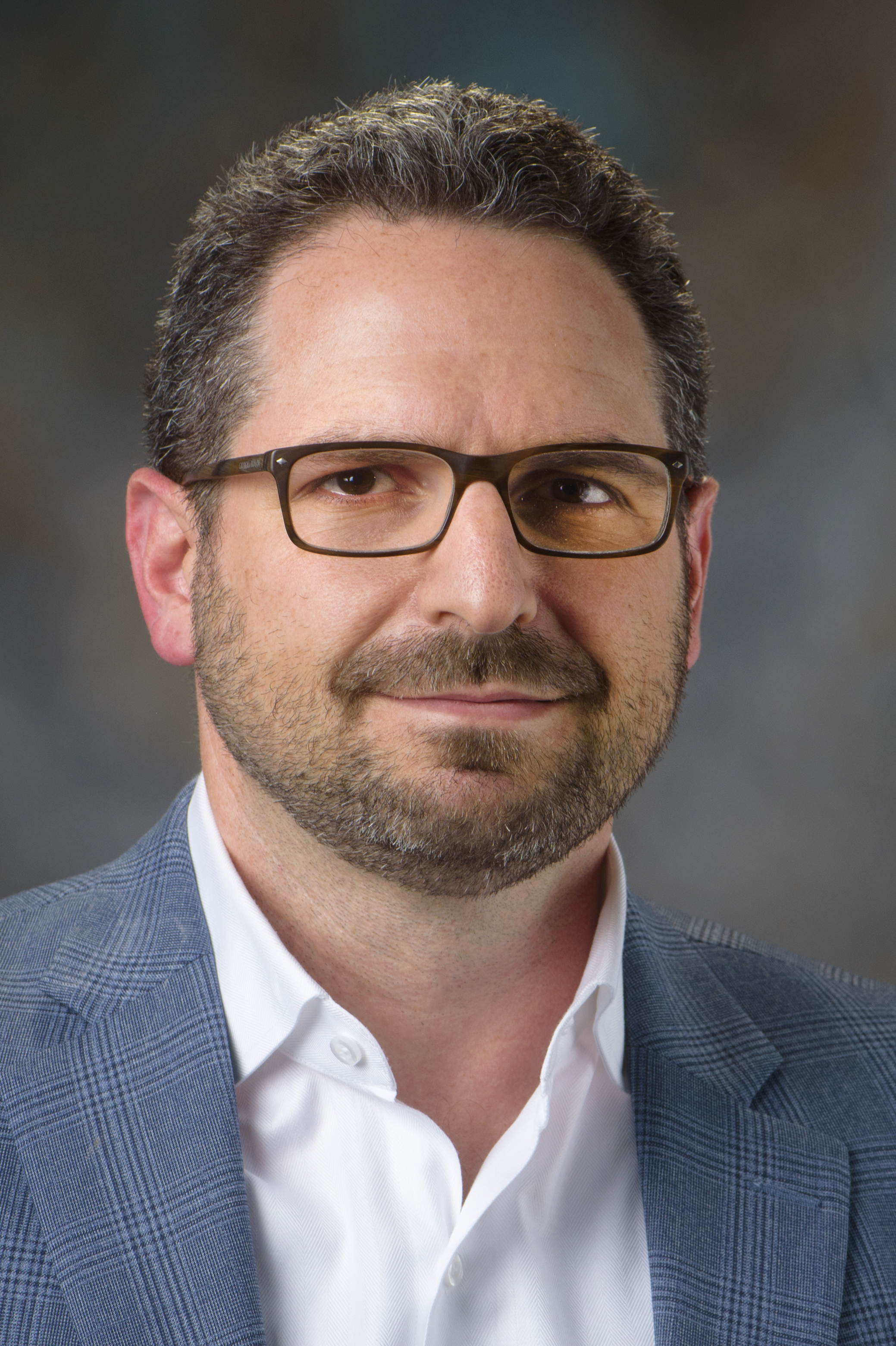
Department of Surgical Oncology, Division of Surgery
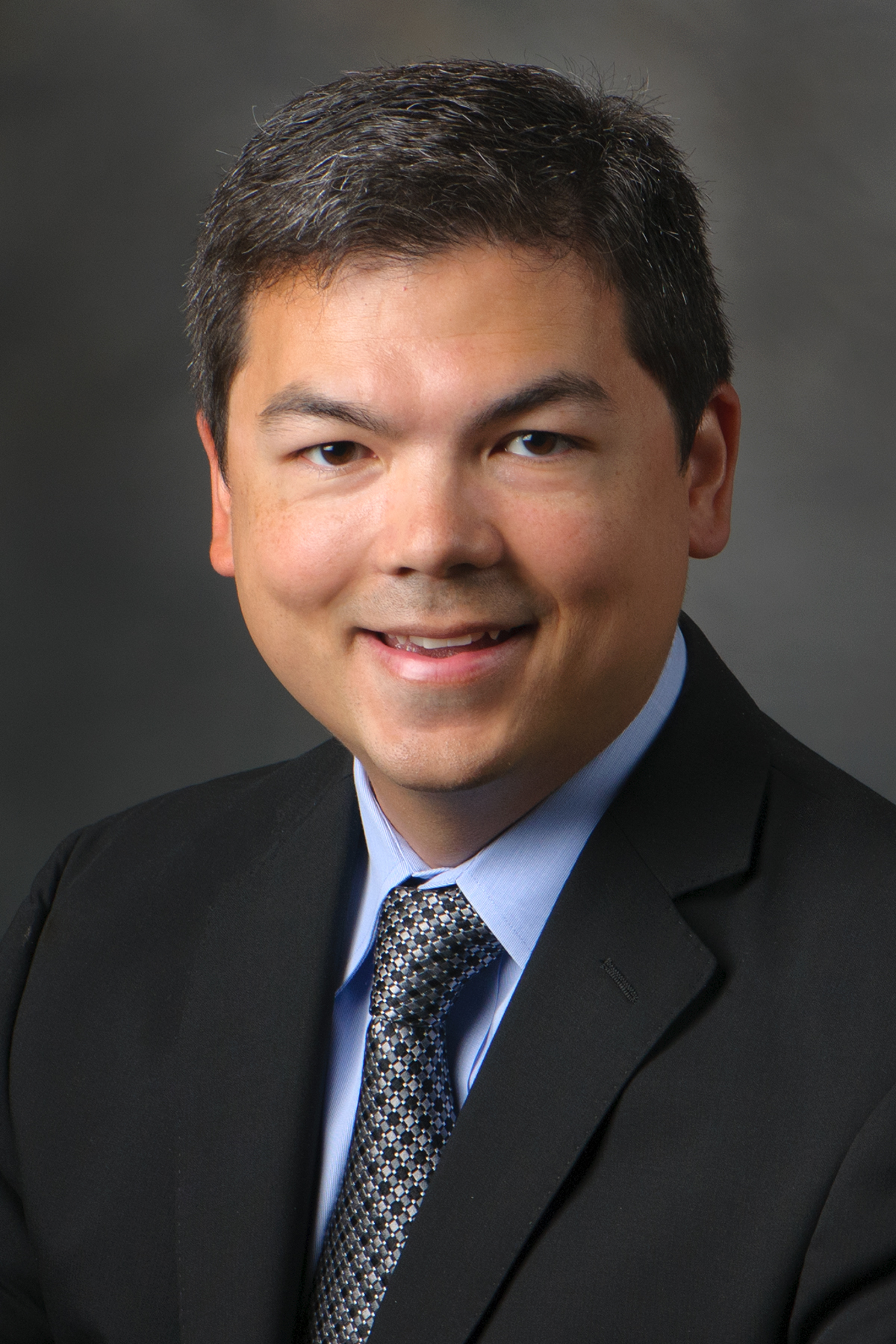
Department of Surgical Oncology, Division of Surgery

Department of Surgical Oncology, Division of Surgery

Department of Surgical Oncology, Division of Surgery

Department of Surgical Oncology, Division of Surgery

Department of Surgical Oncology, Division of Surgery

Department of Surgical Oncology, Division of Surgery
Melanoma Surgery Section
- Local excisions
- Reconstruction with skin graft or flap
- Sentinel lymph node biopsy with lymphatic mapping
- Lymphadenectomy, removal of lymph nodes in an area
Our melanoma surgeons perform cutting-edge research and are actively advancing knowledge of treatment options through clinical trials. The Wargo Laboratory led by Jennifer Wargo, M.D., is studying the genetics of melanoma and other cancers with the goal of understanding what allows them to grow and spread. Wargo also spearheads clinical trials designed to modulate the microbiome in order to enhance therapeutic responses and leads the Platform for Innovative Microbiome and Translational Research (PRIME-TR).
Researchers in the Lucci Laboratory focus on using a minimally invasive, liquid biopsy-based approach designed to detect cancer earlier, identify patients who are at high risk for disease relapse, monitor patient response throughout treatment and identify novel targets for therapy. Many of our melanoma patients may be eligible for a clinical trial.
Success Stories
Childhood melanoma patient returns to the rodeo after surgery
Melanoma 101: Answers to five common questions
Melanoma Surgery Faculty

Department of Surgical Oncology, Division of Surgery

Department of Surgical Oncology, Division of Surgery

Department of Surgical Oncology, Division of Surgery

Department of Surgical Oncology, Division of Surgery
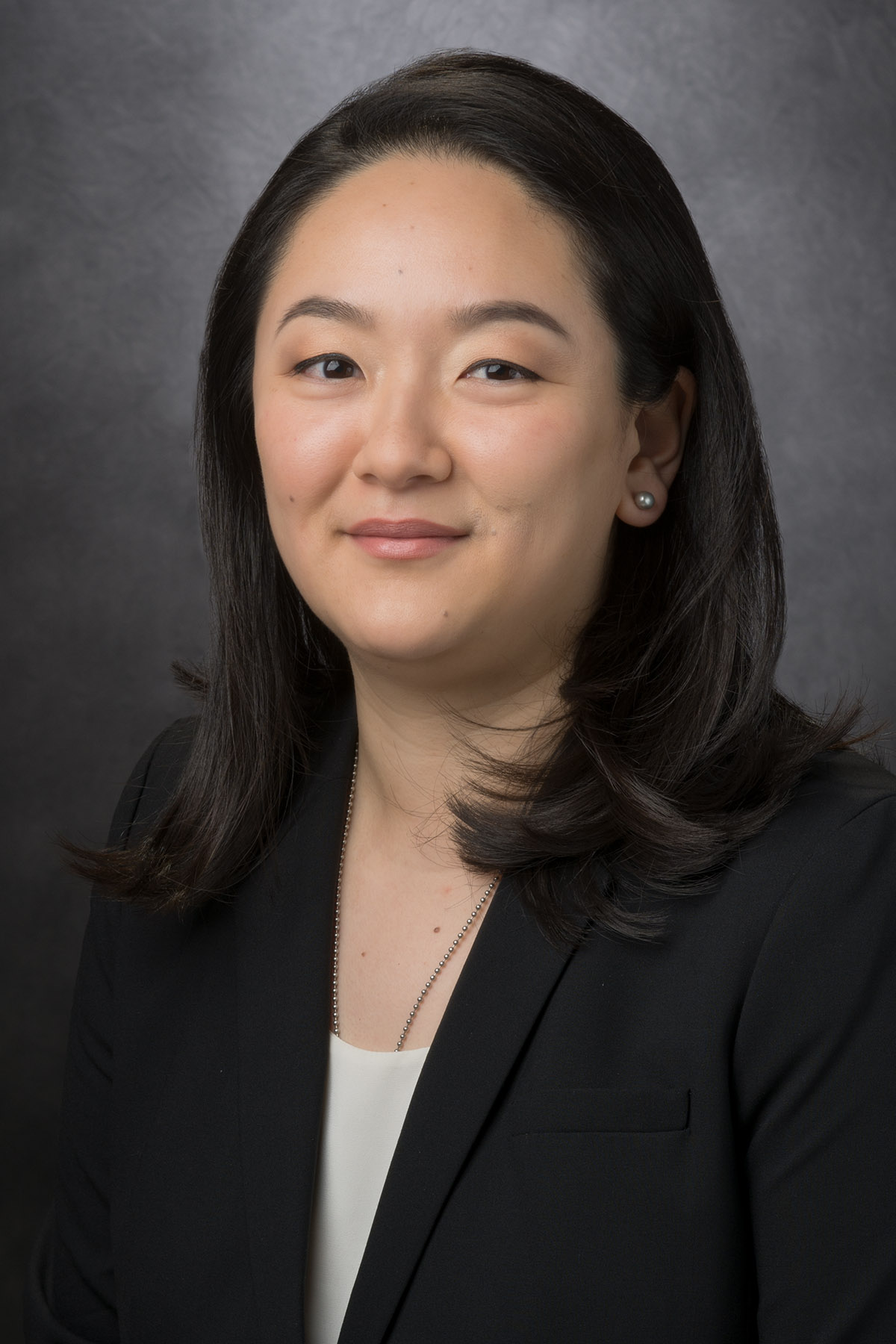
Department of Surgical Oncology, Division of Surgery

Department of Surgical Oncology, Division of Surgery

Department of Surgical Oncology, Division of Surgery
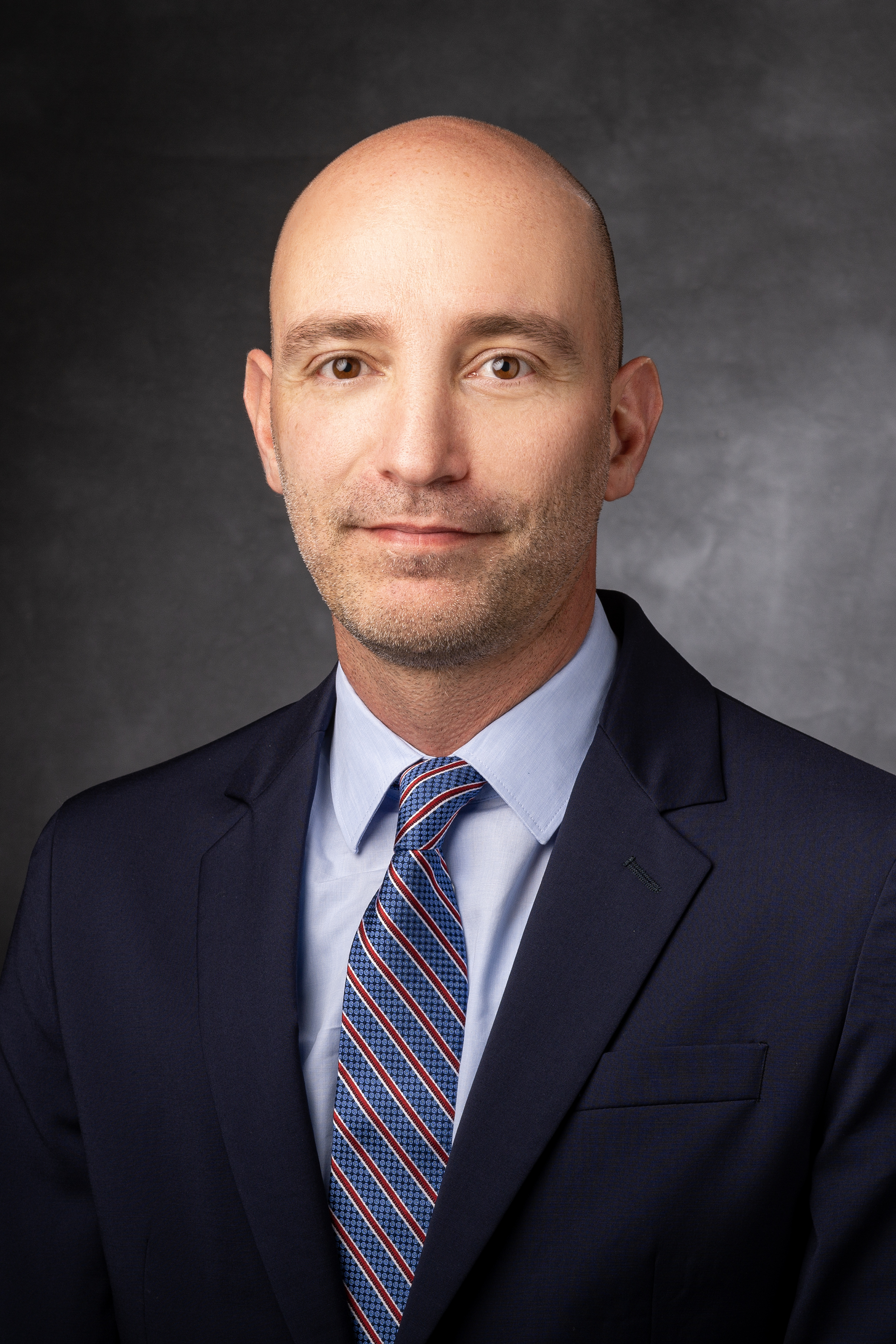
Department of Surgical Oncology, Division of Surgery
Sarcoma Surgical Oncology Section
The Sarcoma Surgical Oncology section treats soft tissue sarcomas, a diverse group of over 70 types of rare cancers, as well as benign soft tissue tumors and cysts. Our unparalleled experience in the multidisciplinary management of soft tissue sarcoma and expertise in sarcoma surgery allows us to develop and implement individualized treatment plans that provide the best long-term outcomes for each patient.
Our sarcoma surgeons specialize in complex, multi-team resections that incorporate surgeons from across the Surgery division. Working alongside experts from the Sarcoma and Orthopedic Cancer Center, Sarcoma Medical Oncology, Radiation Oncology, and Interventional Radiology and Pathology, we offer a comprehensive scope of medical services, compassionate support and leading-edge clinical and translational research.
Surgical procedures include surgical biopsy to confirm accurate diagnosis, wide local excisions (WLE) for tumor removal, radical resection, limb-sparing surgery and amputation in rare cases.
Faculty in the Sarcoma Surgical Oncology section lead a robust clinical and translational research program. Our clinical trials, clinical and translational research portfolio have led to discoveries that advance the underlying knowledge and understanding of sarcoma and cancer biology and advance therapies available for patients. Opportunities are available for patients to participate in and benefit from clinical trials.
Success Stories
Sarcoma survivor finds his way to remission at MD Anderson
Pleiomorphic sarcoma survivor: MD Anderson gave me back my life
Sarcoma Surgery Faculty

Department of Surgical Oncology, Division of Surgery

Department of Breast Surgical Oncology, Division of Surgery

Department of Surgical Oncology, Division of Surgery

Department of Breast Surgical Oncology, Division of Surgery

Department of Surgical Oncology, Division of Surgery

Department of Surgical Oncology, Division of Surgery

Department of Surgical Oncology, Division of Surgery
General, Acute and Palliative Care Surgery
Our general surgeons concentrate on common surgical issues that may arise in patients with cancer. They manage acute illnesses in patients with active cancer, such as gallbladder disease, and perform elective operations including hernia repair. Surgical innovation and approaching common problems in a new way are focuses of this section. Our group employs the use of robotics, which reduces pain, shortens recovery time and may reduce the risk for surgical complications.
General Surgery and Acute Care Surgery Faculty

Department of Surgical Oncology, Division of Surgery

Department of Surgical Oncology, Division of Surgery
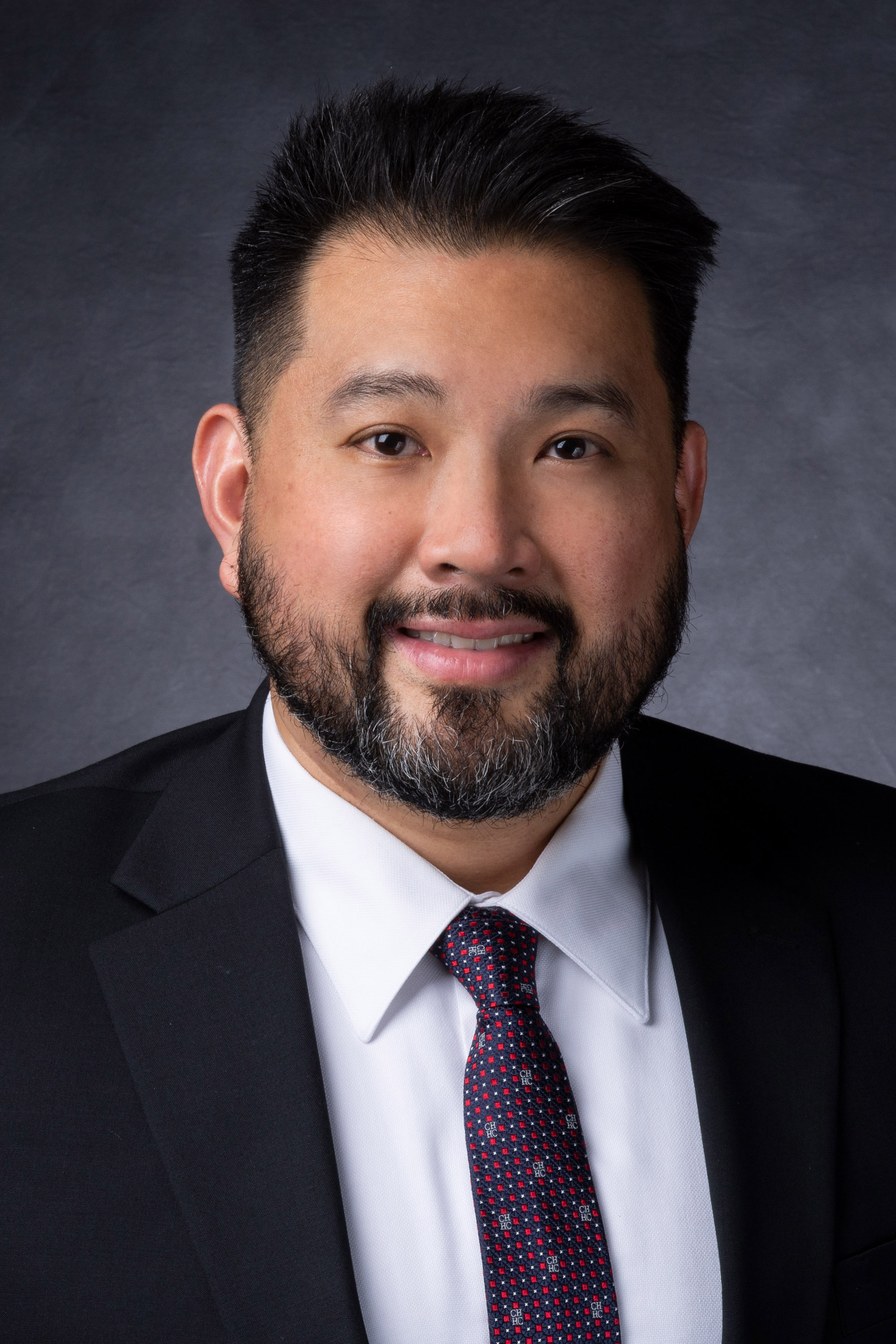
Department of Surgical Oncology, Division of Surgery
Pediatric Surgery Section
The Pediatric Surgical Oncology section consists of a world-renowned group of pediatric surgeons who utilize the latest surgical techniques to treat children with cancer. Our mission is to provide pediatric cancer patients with the very best surgical care through exceptional multidisciplinary programs that integrate patient care, research and innovation.
Our surgeons work alongside experts from the MD Anderson Children's Cancer Center and the Pediatric Acute Cancer Care Center to provide care and support for every stage of the cancer journey. A customized treatment plan is created and tailored to each child’s condition, age and development. Our surgeons treat various types of cancers such as:
- Neuroblastoma
- Kidney cancers
- Wilms tumors
- Liver tumors
- Soft tissue sarcomas
- Rhabdomyosarcoma
- Rare tumors including endocrine tumors and childhood melanoma
- Primary lung cancers, chest wall tumors and pulmonary metastases
MD Anderson’s pediatric surgery capabilities include multidisciplinary collaboration with Pediatric Oncology, cutting-edge treatments, as well as minimally invasive robot-assisted surgeries. This section contains the nation’s first Robotic Pediatric Surgical Oncology program started by Mary Austin, M.D., and Naruhiko Ikoma, M.D. The section collaborates with surgical oncology, Melanoma Medical Oncology, Pathology, and Dermatology to give our surgeons extensive experience treating rare cases of pediatric melanoma.
Success Stories
Childhood melanoma patient returns to the rodeo after surgery
Robotic surgery gets teen adrenal tumor patient back to sports
Pediatric follicular thyroid cancer survivor celebrates opportunity to give back
Pediatric Surgery Faculty
Allison Speer, MD - Dual Appointment
Kevin P. Lally, MD - Dual Appointment
KuoJen Tsao, MD - Dual Appointment

Department of Surgical Oncology, Division of Surgery
